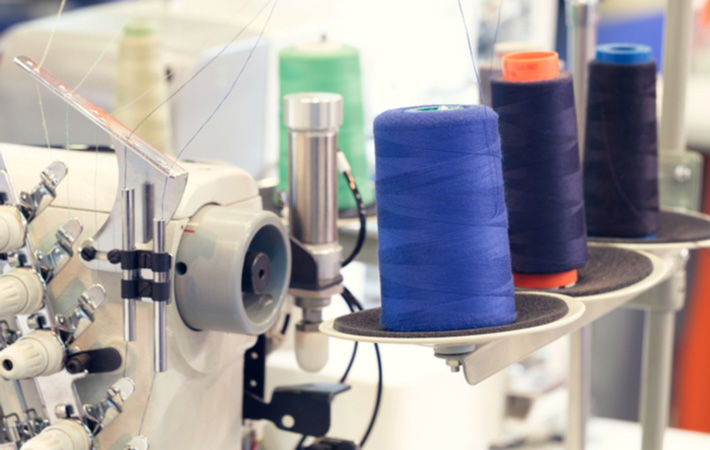New Chinese guideline likely to boost industrial economy

The document of the guidelines, issued last month, encompasses a slew of measures, including tax breaks, more financing support and stronger efforts in the construction and renovation of industrial infrastructure and facilities, according to the Chinese government.
The importance of the industrial economy was noted during an executive meeting held by the State Council, China's cabinet, on February 15. The meeting was chaired by Premier Li Keqiang.
It underscored the critical roles that the industrial and services sectors play in overall economic development and employment stability. It was also noted that the industrial economy has not fully recovered since the pandemic and is in need of policy support, according to a statement released after the gathering.
According to the guideline, the Chinese economy is dealing with the threefold pressure of contracting demand, a supply slump and weakening market expectations, while efforts to maintain growth in the industrial sector are becoming increasingly challenging.
The aim of the document is to fine tune policies in a timely manner using a cross-cyclical approach—taking action sooner, in smaller steps and with a long time frame in mind—to ensure that major indicators of the industrial economy function properly.
Experts said they believe the newly issued measures will offer timely assistance to the sector, which continues to grapple with a variety of problems, including supply and production chain disruptions and rising commodity costs.
Income tax relief will be extended to companies in the industrial and services sectors. This year, micro, small and medium enterprises (MSMEs) that purchase new equipment worth more than 5 million yuan ($792,120) with a three-year depreciation period are entitled to a one-off deduction of total purchase costs from taxable income.
For those with equipment depreciation periods of four, five or 10 years, they are eligible for a 50 per cent deduction.
Tax deferral policies will also be extended for MSMEs in the manufacturing sector. The coverage of the policy to reduce or waive education fees and six local taxes—resource, urban maintenance and construction, real estate, urban land use, stamp and taxes on farmland used for nonagricultural purposes—will be expanded to include all small, low-profit businesses and self-employed households.
In addition, stronger financing support will be put in place. The People's Bank of China, China's central bank, will provide funding to support an increase in inclusive loan offerings to micro and small businesses.
Efforts will also be made to facilitate more medium and long-term loan offerings to manufacturers in an effort to bring down overall financing costs.
Fibre2Fashion News Desk (DS)
































-Ltd..jpg?tr=w-120,h-60,c-at_max,cm-pad_resize,bg-ffffff)





.jpg?tr=w-120,h-60,c-at_max,cm-pad_resize,bg-ffffff)
.jpg?tr=w-120,h-60,c-at_max,cm-pad_resize,bg-ffffff)






